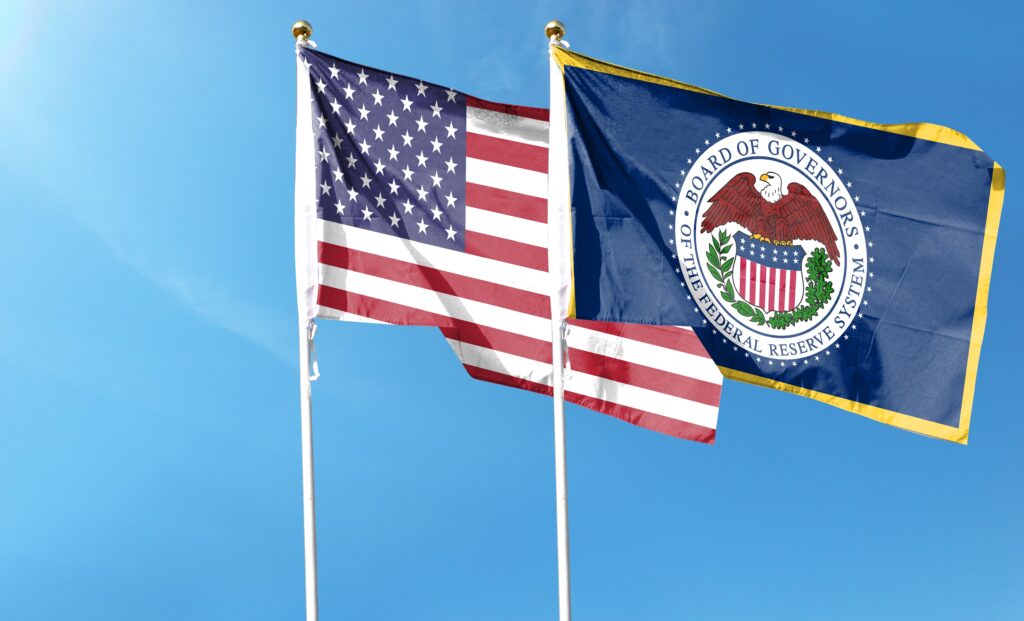Jerome Powell Reaffirms Fed Independence Amid Trump’s Criticisms
U.S. Federal Reserve Chairman Jerome Powell has firmly declared his commitment to maintaining the central bank’s independence, stating unequivocally that he will not resign, even if requested by newly re-elected President Donald Trump. This declaration follows the Federal Reserve’s decision to reduce interest rates by a quarter point on Tuesday, marking the second consecutive rate cut aimed at managing inflation.
Trump’s Frustrations and Powell’s Response
President Trump, known for his outspoken criticism of the Federal Reserve, has long advocated for more control over its monetary policies. During his first term, he labeled Fed officials as “boneheads” and pushed for interest rate cuts to align with his economic vision. Trump’s renewed focus on the Fed has raised questions about potential tensions between him and Powell, especially as inflation and unemployment remain critical economic issues.
When asked directly during a press conference if he would step down at Trump’s request, Powell responded unequivocally: “No.” He emphasized the legal protections afforded to Federal Reserve governors, stating that the president has no authority to demote them. This assertion reinforced the Fed’s independence, a principle enshrined in U.S. law since the central bank’s creation.
Interest Rate Reductions and Inflation Management
Tuesday’s rate cut lowered the Federal Reserve’s target range to 4.5%-4.75%, down from a peak of 5.25%-5.5%. This move reflects progress in controlling inflation, which surged to a 40-year high of 9.1% in 2022 but has since eased to 2.1% in the PCE index. Powell expressed cautious optimism about achieving the Fed’s 2% inflation target, noting that while progress has been made, the fight against inflation is not over.
“Our dual mandate of price stability and full employment remains our priority,” Powell said, highlighting the Fed’s responsibility to balance these sometimes conflicting goals.
The Challenge of a Second Trump Term
The prospect of a second Trump term raises concerns about potential clashes between the White House and the Federal Reserve. Trump has consistently argued that the Fed should prioritize lower interest rates to stimulate economic growth, even when inflationary pressures loom. His campaign rhetoric often suggests he views his economic instincts as superior to those of Fed officials.
While Powell has avoided engaging directly with Trump’s critiques, the president’s renewed focus on inflation could intensify scrutiny of the Fed’s actions. Powell’s current term, which runs through 2026, may face increased pressure if Trump seeks to influence the central bank’s decision-making.
Upholding the Fed’s Independence
Powell’s firm stance against political interference underscores the Federal Reserve’s role as an independent entity. His commitment to adhering to legal and institutional protections signals his determination to prevent the central bank from becoming a tool of political agendas.
Despite ongoing tensions, Powell’s leadership reflects the Fed’s foundational principle of prioritizing economic stability over political influence. As the U.S. navigates its economic challenges, Powell’s unwavering commitment to independence remains a cornerstone of the Federal Reserve’s credibility.


